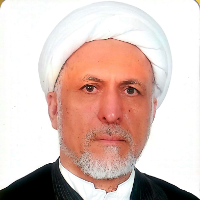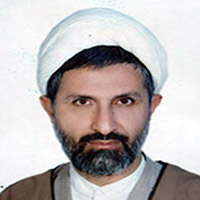Mulla Sadra’s Existential Explanation of Knowledge and Its Results in Explaining the Divine Knowledge
Author(s):
Article Type:
Research/Original Article (دارای رتبه معتبر)
Abstract:
Paying attention to the early views on the definition of knowledge, Mulla Sadra offers an existential definition based on his existential foundations that are the turning point in the epistemology of transcendent wisdom. In this view, knowledge is a kind of existence of one thing for another. This definition and its consequence have led to a new explanation by Mulla Sadra about divine knowledge. This explanation has a terrific contribution to shaping the epistemological geometry of divine knowledge in Islamic philosophy. These are some of the angles of this geometry: non - redundancy of divine knowledge to God's essence; the intuitiveness of divine knowledge; the denial of any forms in divine knowledge; the acceptance of God's detailed knowledge of individuals; The immediacy of what God knows; the union of knowledge, knower and the known in God; God's knowledge of Himself, and the identification of His non-detailed knowledge of others with the detailed revealing of others. The study reveals that paying attention to Mulla Sadra's existential explanation of knowledge allows understanding the way of forming his theory, its innovative aspects, and its distinction from others in the field.
Keywords:
Language:
Persian
Published:
Philosophy Of Religion Research, Volume:19 Issue: 1, 2021
Pages:
137 to 158
https://www.magiran.com/p2361633
سامانه نویسندگان
مقالات دیگری از این نویسنده (گان)
-
An Ontological Approach to “Uncertainty Principle” Based on Sadraian Substantial Motion
Khadije Shakerin *, Habibollah Razmi, Hamidreza Shakerin
Journal of Zehn, -
Analysis of "Occurrence" and "Coexistence" in Consideration of Dividing Relation into External and Mental Relation in the Philosophy of Ibn Sina
Javad Azimi Dastgerdi, *, Jafar Shanazari
Metaphysic, -
Religion, tolerance or intolerance: Acritical study of Sam Harris intolerant image of religion, based on Quran and sunnah
Abdolhamid Shakerin *
Journal of Quranic Studies,




